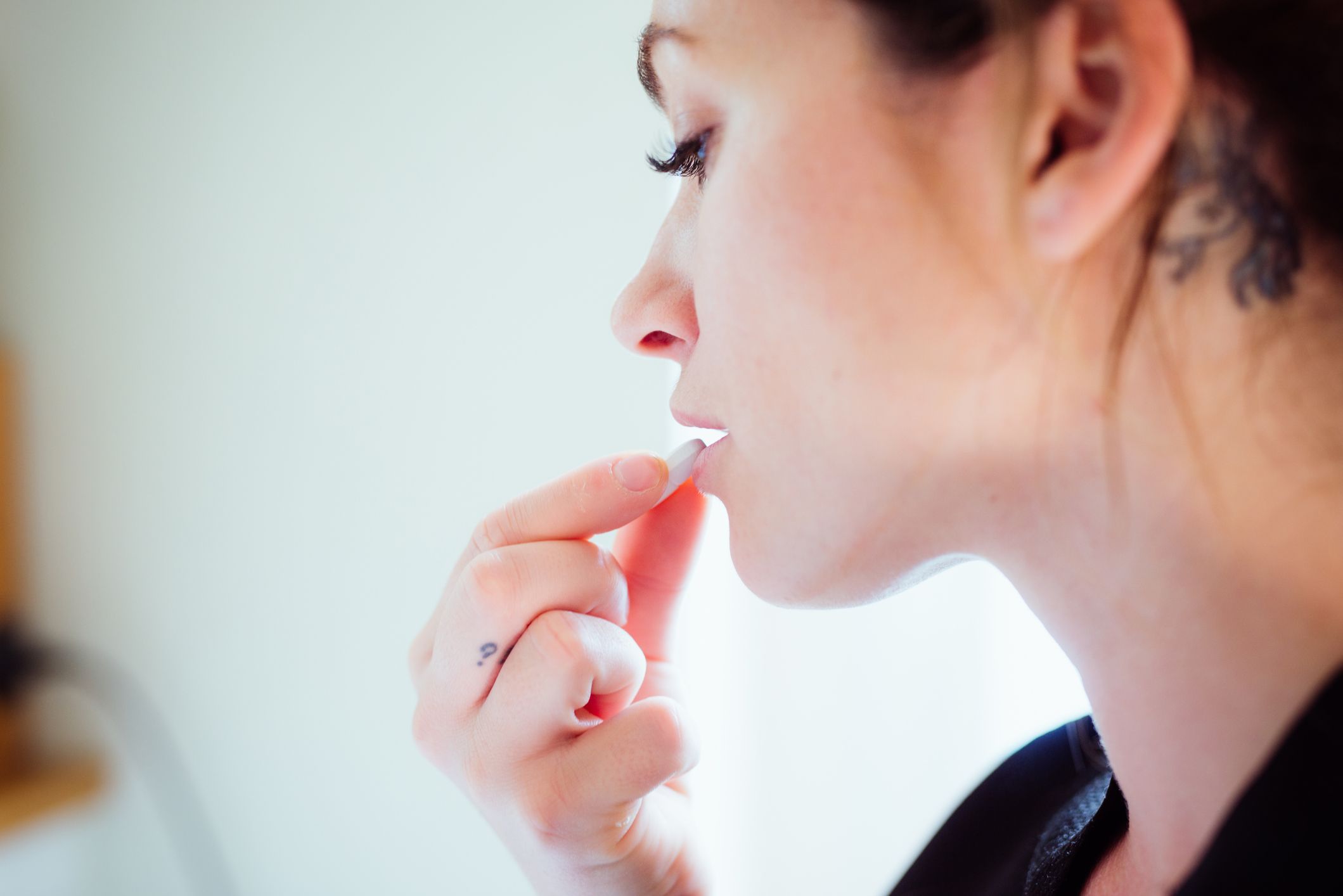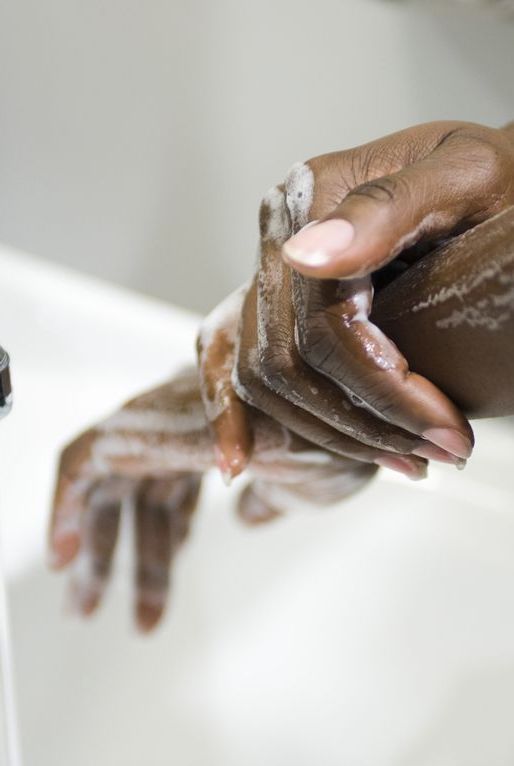Your Fitness Tracker Might Play An Important Role In Tracking COVID-19 Symptoms
Since it’s still difficult to get tested for COVID-19, people are getting creative when it comes to self-diagnosing. For some, that’s included looking to their fitness tracker for early signs of illness.
“I had a sudden onset of fever and fatigue like I’ve never experienced,” one 37-year-old Whoop user based in New York City wrote on Reddit. “Important to be aware that the virus doesn’t manifest itself with respiratory symptoms only.” (This user had not been formally tested or diagnosed with COVID-19.)
A screenshot from their Whoop app, which tracks recovery to optimize exercise performance, showed that their “recovery” scores were red—or below 33 percent—for three days in a row.
“Your recovery score is a measurement of how ready Whoop thinks you are to perform,” Whoop founder and CEO Will Ahmed told Women’s Health. “The lower it is, it’s a sign that your body is run down, or not prepared.”
Whoop’s recovery score is calculated by measuring the body’s resting heart rate, heart rate variability, and sleep. “If you talk to a Whoop member, it’s actually pretty hard to have a red recovery every day, so the fact that this person had that many in a row is a sign that something really happened to their body,” Ahmed said.
Not long after, a second undiagnosed user posted in the r/whoop Subreddit that they “suspect they have COVID-19” based on their recovery data, which showed a red recovery score four days in a row. They wrote: “Shortness of breath is my main symptom. My lungs feel on fire and dry cough. No fever though. But I did the oxygen test and it came back normal. Like I said, it’s very mild symptoms.”
To respond to these and other Whoop users who believe they may have COVID-19, Ahmed and his team introduced a COVID-19 tag for the Whoop Journal, a feature of the app that allows users to track how things like alcohol, sickness, or diet affect they body’s performance. “One of the things you can track is sickness and we updated so you can now track COVID-19,” Ahmed said. (He stressed that all of the Whoop Journal inputs are voluntary and de-identified.)
Ahmed also said Whoop may partner with researchers studying COVID-19. At the very least, he says the company will provide data insights to Whoop’s users.
Whoop isn’t the only tracking company making changes in the midst of the novel coronavirus pandemic. The San Francisco Chronicle reported that 2,000 emergency medical workers in the city will participate in a study in which they wear the Oura Ring (the fitness tracker of choice for Prince Harry) for three months to gather data on COVID-19 symptoms.
Study participants will complete daily surveys to report symptoms, and share all of their Oura Ring data, which includes sleep, heart, and respiratory-rate tracking, in addition to body temperature monitoring. Anyone who owns an Oura ring can also participate in the study.
Source: Read Full Article


